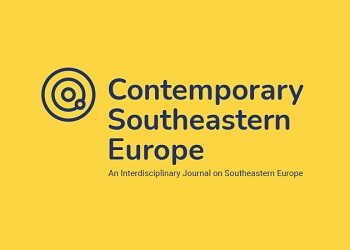Local Elections in Bosnia and Herzegovina
Local Elections in Bosnia and Herzegovina
Author(s): Damir KapidžićSubject(s): Electoral systems
Published by: Universität Graz
Keywords: Local Elections;Bosnia and Herzegovina;Referendum;
Summary/Abstract: Local elections for municipal and city councils and municipal and city mayors were held in Bosnia and Herzegovina (BiH) on 2. October 2016. These were the sixth local elections since the Dayton Peace Agreement. There was generally not much expectation for significant change in BiH politics, and the elections were seen as a test on to what extent the major political parties are familiar with citizens’ concerns, especially at the local level. A change in the Electoral Law a few months ahead of the elections had increased the importance of party structures and party leaders in determining the allocation of seats among candidates from party lists, while decreasing the influence of voters. Coupled with an electoral system that favors small parties, this could potentially result in further fragmentation of the party system. During the electoral campaign, a popular referendum on a disputed national holiday in Republika Srpska (RS), scheduled one week before the local elections, overshadowed any local issues both in RS and in the Federation of Bosnia and Herzegovina (FBiH). That said, these elections continued the established dynamic of intra-ethnic competition in BiH where parties compete for voters within the ethnic group they represent. Although independent candidates and non-ethnic parties achieved respectable results, these were not enough to bring about meaningful change.
Journal: Contemporary Southeastern Europe
- Issue Year: 3/2016
- Issue No: 2
- Page Range: 127-134
- Page Count: 8
- Language: English

